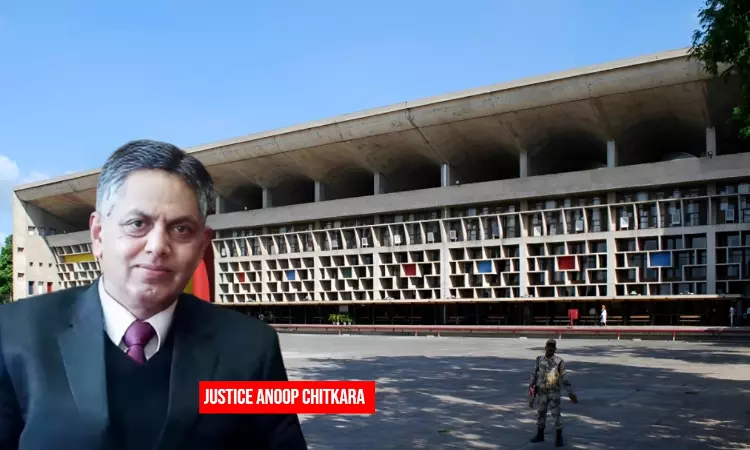The Punjab & Haryana High Court has made it clear that the statement of police officials cannot be discarded because they are police officials, however their testimonies must inspire confidence.Justice Anoop Chitkara dismissed the plea challenging the conviction of a man who was convicted under Section 15 of NDPS Act for involving in trade of contraband and sentenced to 10 years of...

